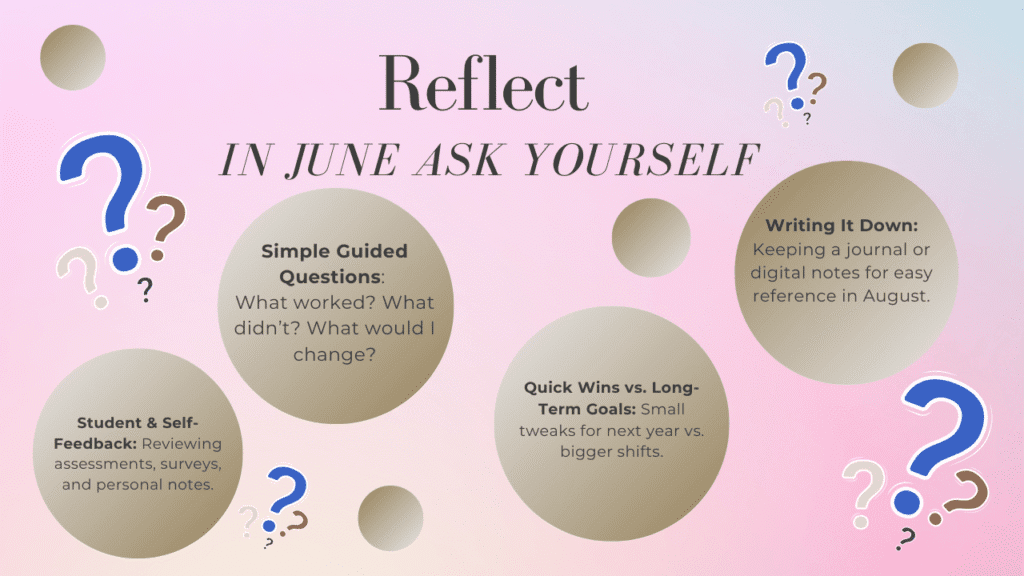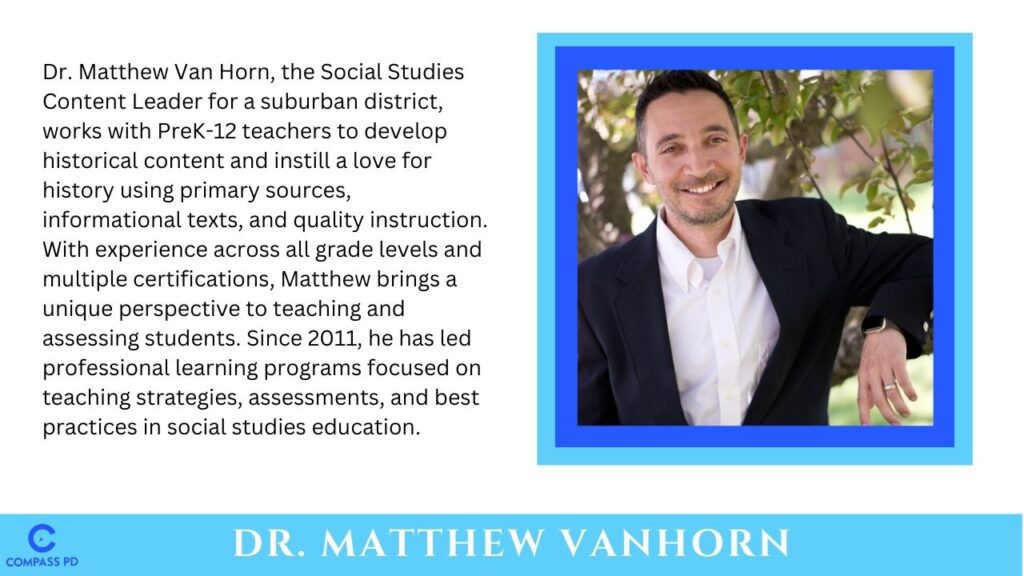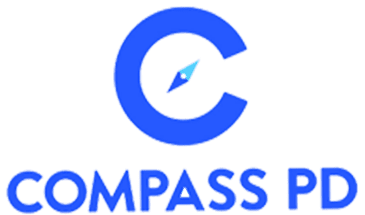Ending the Year with Purpose: Why Teachers Should Reflect in June, Not August
By Dr. Matt VanHorn
I. Introduction
The end of each school year brings many events. Field trips, Concerts/ performances, assessments, graduations, and so much more. As teachers and parents, this time can be both exciting and exhausting. We are also looking forward to summer when we can slow down and concentrate on other topics. While reflecting on the year that has just concluded is important, it is often overlooked and pushed further for “future us” to worry about in August, when school will once again be back in session. American education reformer John Dewey once stated, “We do not learn from experience… we learn from reflecting on experience.” By intentionally reflecting on experiences while they are still fresh, teachers can gain deeper insights into what worked and what didn’t, leading to more targeted improvements for the upcoming academic year. This timely reflection can lead to more robust professional development planning and improved school-wide outcomes, helping schools build a culture of continuous improvement that leads to more impactful instruction across the board.
II. The predictable cycle
As the school year winds down, as teachers, we find ourselves in a predictable cycle: finishing exhausted, getting our rooms packed up, and moving on to summer plans, the long list of things we have delayed, or simply going full on “summer mode,” postponing any reflection until August. This delay is problematic because it often leads to forgetting key insights gained throughout the year, rushed planning for the next school year, and increased stress. The case for reflecting in June, while experiences are still vivid and fresh, allows us to capitalize on immediate recall, leading to more accurate self-assessments and more effective strategies for future success, rather than trying to piece together fragmented memories months later.

III. Immediate Insights Are More Accurate
Too often, we look back at our previous school year through the summer distance and forget the details of why things have gone well, or why things might not have gone as well as they could have. These “rose colored glasses” typically only show us the high points, forgetting the tougher moments or the insights that we gained through the experiences. Reflecting on lessons, successes, and challenges while still fresh in our minds allows us to identify specific strengths and areas for improvement. Our memories are sharper, allowing us to pinpoint exactly what worked well and why, as well as the exact moments where something went awry. These insights allow for more targeted improvements.
Reflecting sooner can allow us to better analyze the “why” behind events. Why was a particular lesson engaging? Why did a specific classroom management strategy fail? Being close to the experience helps us uncover these underlying causes, enabling us to inform future planning more effectively. With vivid memories, we can immediately apply what we’ve learned to adjust lesson plans, teaching strategies, and classroom approaches for the upcoming year. This prevents a rushed and less informed planning process later on.
IV. Reduce future stress
With August already packed with meetings, classroom setup, and new initiatives, why make it harder on our future selves? By reflecting in June, we can make August more about action than analysis. Just as we tell ourselves that we’ll fill our gas tank in the morning, we push these needs off for later, making our futures more hectic.
By wrapping up the year with intentional reflection, we foster a sense of completion and truly can relax during summer without lingering “what-ifs.” Addressing our challenges and refining our practices while they’re current can prevent them from becoming recurring problems, leading to a less stressful start to the next academic year. This immediate reflection becomes a powerful form of self-directed professional growth. We become more aware of our teaching habits and can actively work to refine them. Reflecting in June also allows for relaxed, intentional adjustments that can guide our professional development and summer learning.
By understanding what resonated with students and what didn’t, based on fresh observations, we can better tailor our teaching to meet the needs of our next group of students. Acknowledging and savoring our recent triumphs can also boost morale and remind us of our “why” and the positive impact we have on our students, which is crucial for preventing burnout.

V. Conclusion
So, as the final bell rings and you breathe a sigh of relief, I challenge you: don’t wait until August. Set aside time in June for reflection. This isn’t just another task to check off; it’s an investment in yourself and your students. By reflecting on your lessons, successes, and challenges while they’re still vivid, you’re paving the way for a more intentional, effective, and significantly less stressful start to the next school year. Imagine stepping into August and September feeling prepared, energized, and truly ready to make an even greater impact.

